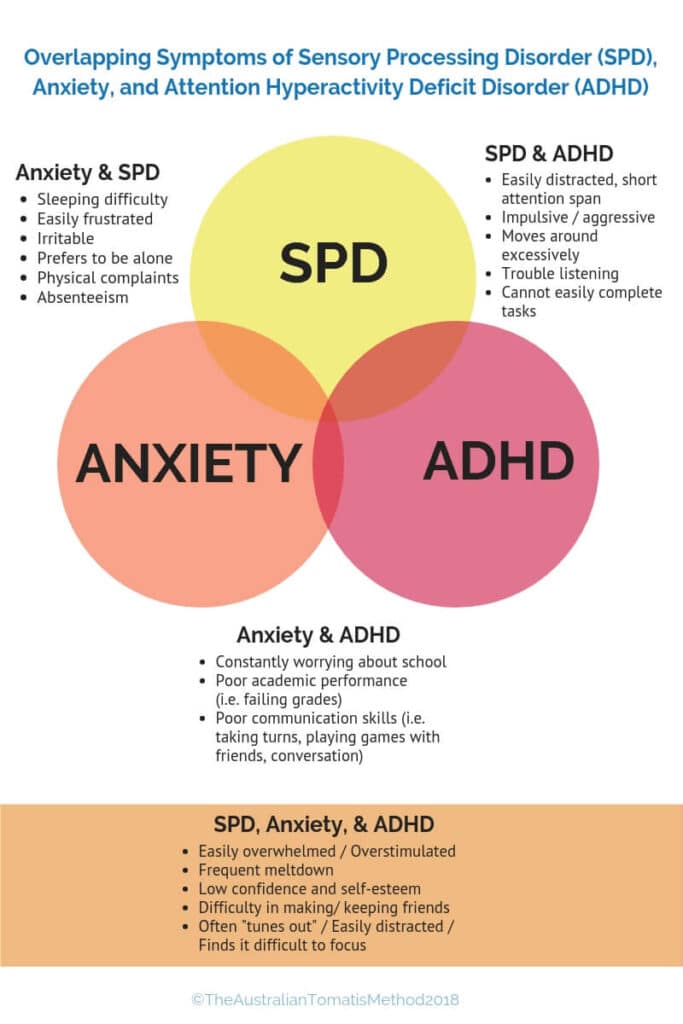

Concussion and post-concussion syndromeĪ concussion is a mild traumatic brain injury (TBI). This means that they can be more responsive or less responsive to sensory input than allistic (nonautistic) people.ĭifferent neurotypes have different sensory overload thresholds, and an autistic person might be overwhelmed in situations that don’t affect allistic people. It’s estimated that about 90% of autistic people have sensory experiences that are atypical, according to a 2020 review. People experiencing anxiety have a higher chance of experiencing sensory overload, which in turn can cause anxiety. The connection between anxiety and sensory overload goes both ways.

Not all people with ADHD experience sensory overload and overstimulation, but the chances increase given certain ADHD factors, such as: Sensory overload is a characteristic of attention deficit hyperactivity disorder (ADHD). Which conditions are linked to sensory overload?Įven though sensory overload can happen to any person at any age, there are many health and developmental conditions where it’s more likely to occur. For example, a student at a school assembly could feel overwhelmed by the sounds echoing in the gym, the glare of the fluorescent lights, and the movement and presence of all the students around them. Sometimes, more than one sense is overwhelmed. Sensory overload can affect any one of your senses, such as: It’s more than just an aversion to loud noises. This is when you see signs like meltdowns in children and irritability in adults. Sensory overload activates a fight, flight, or freeze response in which you try to escape triggers. Some people’s neurology might be sensitive because of mental health conditions or medical issues.The person experiencing the overload might be tired or hungry, so their brain circuitry might not work as well as usual.The reasons for this mismatch between input and sensory integration can vary. When this processing can’t keep up with new input, the result is sensory overload. Several areas of the brain process the sensations you experience. The input from your environment doesn’t stop at your senses.


 0 kommentar(er)
0 kommentar(er)
